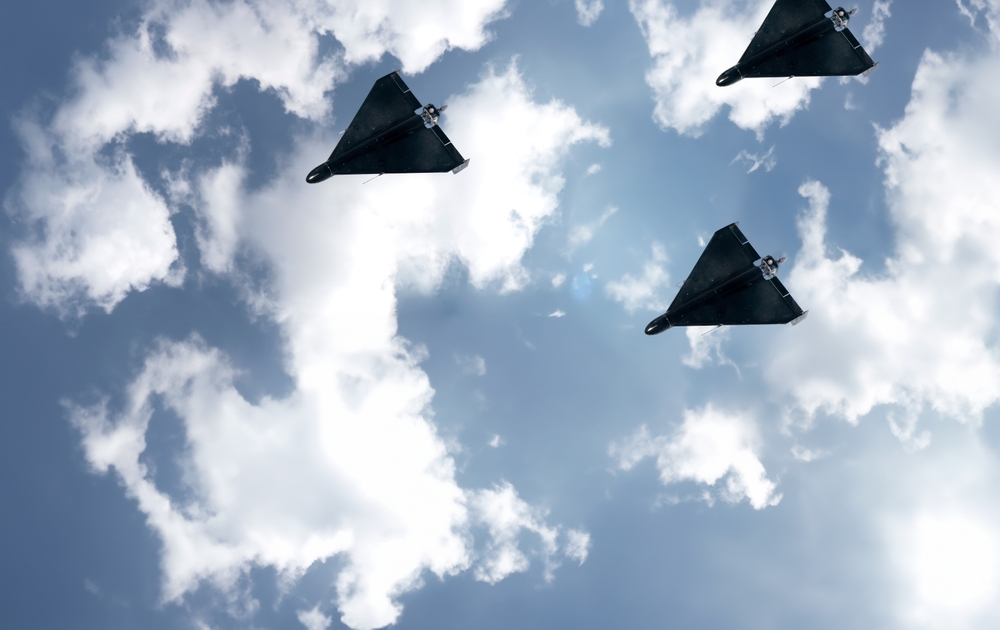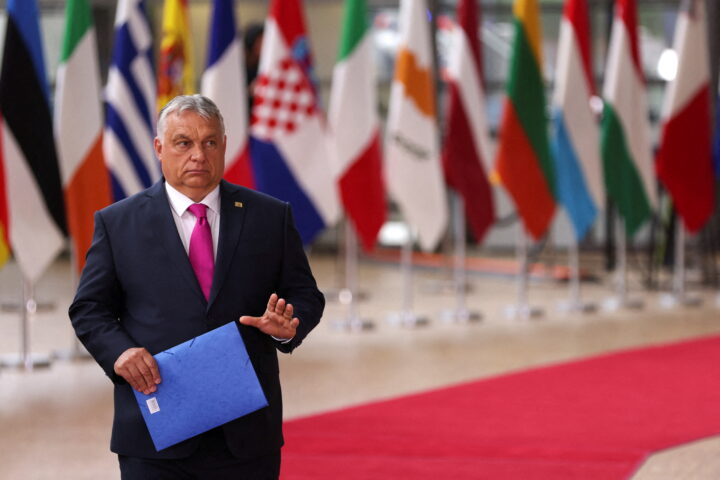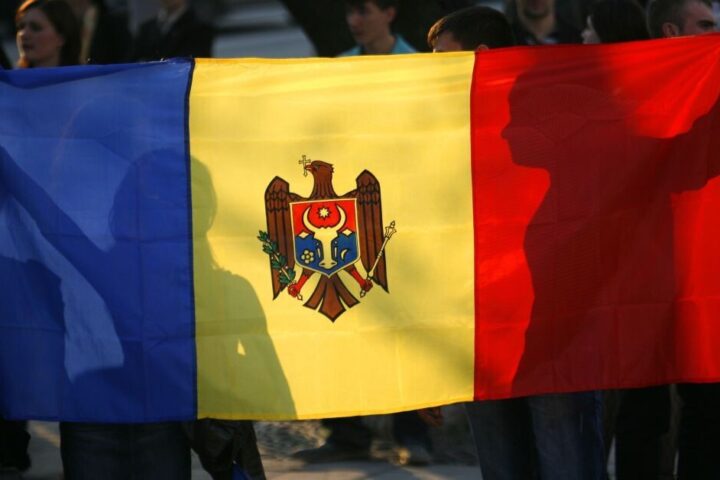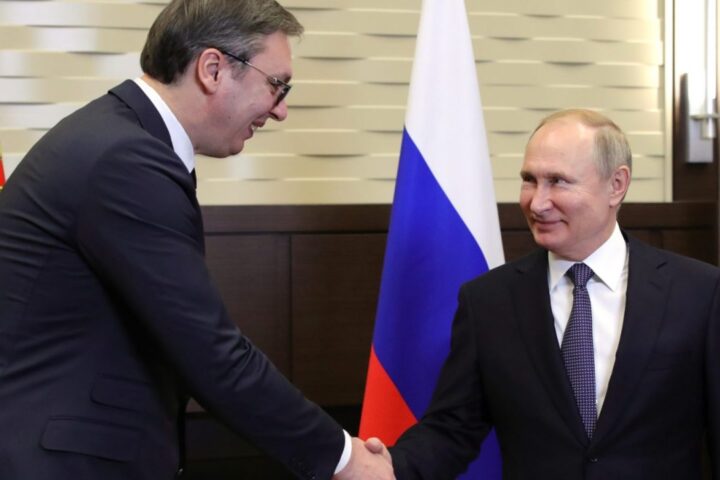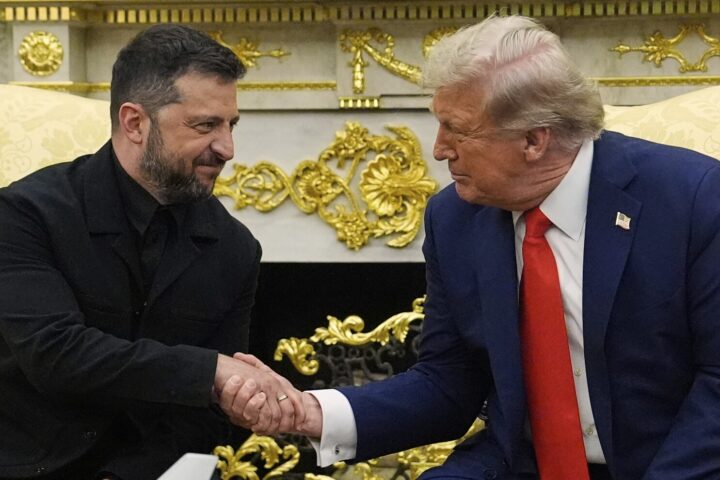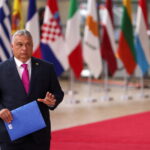The Kremlin has distanced itself from the September 10 incursion of Russian drones into Polish airspace, presenting what it frames as an opening for dialogue with the United States and NATO, though analysts warn this could be a trap for Washington. Moscow’s official stance has been marked by evasive comments, with presidential spokesman Dmitry Peskov refusing to address the incident directly, saying it fell under the jurisdiction of the Ministry of Defense. The ministry later insisted that Polish territory had not been targeted and expressed readiness for consultations with Warsaw, a move interpreted as a maneuver to deflect responsibility without resolving the underlying confrontation.
Details of the Polish airspace violation
According to Polish and NATO officials, around twenty drones crossed into Poland during Russia’s large-scale overnight attack on Ukraine. Some of the drones reportedly originated from Belarus and were identified as reconnaissance aircraft. Polish air defenses intercepted and destroyed several of them, marking the first instance in which Poland’s forces actively engaged Russian aerial threats. NATO confirmed the breach of Polish airspace, with Secretary General Jens Stoltenberg maintaining close contact with Polish leadership and initiating emergency consultations under Article 4 of the North Atlantic Treaty.
Moscow’s hybrid approach
The Russian strategy combines military pressure with psychological warfare, using drones both as direct threats and instruments of intimidation. The Kremlin’s refusal to accept responsibility, while the Defense Ministry signaled willingness to talk, reflects a hybrid tactic aimed at blurring accountability. Analysts argue this represents an attempt to test NATO’s “red lines,” erode public confidence in Central Europe, and probe whether Washington is prepared to de-escalate by discouraging statutory NATO measures.
Implications for NATO and the US
Moscow’s calculus appears to hinge on the assumption that the United States dominates NATO’s strategic decisions and Poland’s foreign policy. By avoiding a direct information campaign, Russia effectively offers Washington an “invitation” to play down the incident. Yet, a lack of robust U.S. and NATO response to what Poland and its allies see as a clear act of aggression risks undermining the credibility of the Alliance. Observers warn that such passivity could fragment European unity and reduce Washington’s influence on the continent, which would serve the Kremlin’s objectives.
Calls for stronger European defenses
Poland’s reaction, reinforced by NATO’s consultations, underscored that the Alliance’s airspace is under collective protection. Ukraine, facing continued Russian aerial attacks, offered assistance to Poland in strengthening its air defense systems. The incident has reignited debate on the need for a joint European air defense structure, with leaders emphasizing that only a unified system can address the scale and persistence of Russian aggression.
